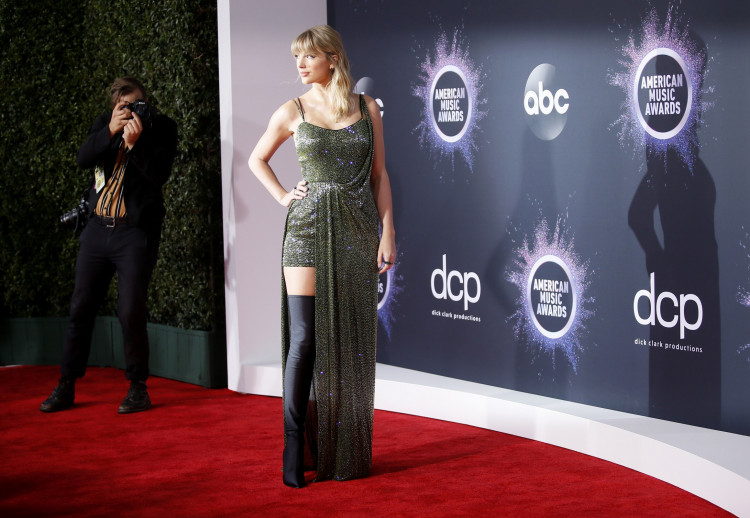In the realm of American football, a sport steeped in tradition and machismo, the sudden ubiquity of pop sensation Taylor Swift at NFL games has ignited a firestorm of debate, crossing the lines between sports fanaticism and cultural spectacle. Swift, who has been a constant presence at Kansas City Chiefs games to support her partner, Travis Kelce, has become a polarizing figure, with some fans decrying the perceived intrusion of her celebrity into their sacrosanct football rituals.
Madeline Moitozo, founder and CEO of Juniper Media, offered a nuanced perspective on the situation, suggesting that Swift's presence might be unsettling for some fans. "Taylor has taken the world by storm, and she has become a household name. And football, for many men, has been a refuge - a place where they can do the thing they want to do. So, for some, I think her presence feels a bit violating. They feel like this is their space and she is intruding on it," Moitozo explained, as reported by OK! magazine. She further elaborated on the minimal screen time Swift actually receives during broadcasts, emphasizing the disproportionate reaction it has elicited.
The conversation around Swift's appearances took an unexpected turn when global superstar Adele leaped to Swift's defense. During her Las Vegas residency, Adele passionately addressed the controversy, exclaiming to her audience, "And all of you that are complaining about Taylor being at the game, get a f-ing life. It's her f-ing boyfriend!" Adele's candid support highlighted the gender dynamics at play, with Swift's attendance at games being more than just celebrity fodder, but a litmus test for how female figures are perceived in predominantly male spaces.
Moitozo further underscored the potential for Swift's attendance to serve as a bridge between generations and genders, transforming the NFL experience into a more inclusive affair. "She is causing more women to watch, but she is also giving fathers across the country a new way to bond with their daughters," Moitozo stated, suggesting that the backlash against Swift might carry deeper implications about societal expectations of women.
The Super Bowl LVIII itself became a canvas for this cultural clash, with Swift and Kelce's public displays of affection capturing as much attention as the on-field action. A fan-captured video of the couple dancing to Swift's "Love Story" at an after-party went viral, encapsulating the merging of pop culture with sports in a moment of celebration.
Adding a high-profile voice to the discourse, British singer-songwriter Adele passionately defended Swift during a performance in Las Vegas, chastising those critical of Swift's screen time and asserting that her presence has made NFL games more enjoyable to watch. Adele's endorsement of Swift and the Kansas City Chiefs, who clinched a victory at Super Bowl LVIII, underscores the evolving nature of NFL fandom and the broadening appeal of the sport beyond its traditional base.
The controversy surrounding Swift's appearances at NFL games reflects broader societal discussions about celebrity influence, gender roles in sports, and the changing landscape of fan engagement. As the NFL continues to navigate these complex dynamics, the league finds itself at the intersection of sports and entertainment, with figures like Swift playing an unexpectedly pivotal role in shaping the modern fan experience.





